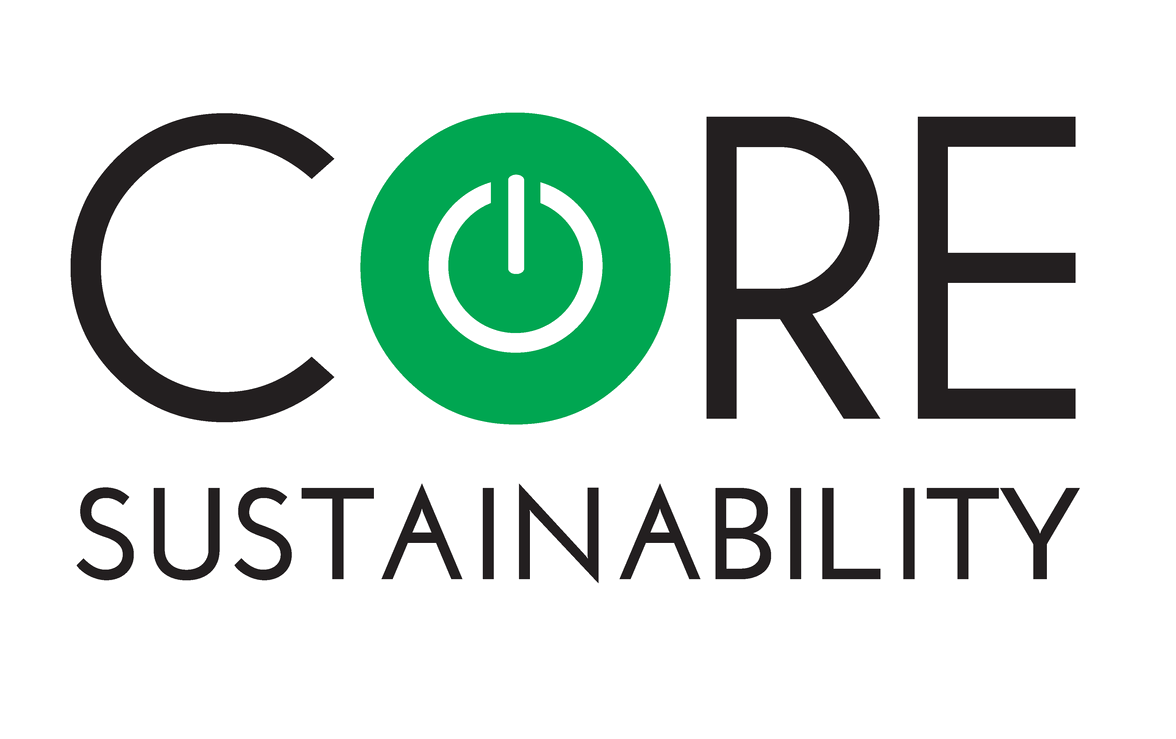What is ESOS?
Designed to identify where large organisations can implement cost-effective energy saving measures, the Energy Savings Opportunity Scheme (ESOS) and is administered in the UK by the Environment Agency.
Audits must be carried out once every four years within large organisations - defined by the Government as:
any UK company that either:
Employs 250 or more people, or
Has an annual turnover in excess of €50 million, and an annual balance sheet total in excess of €43 million
An overseas company with a UK registered establishment which has 250 or more UK employees (paying income tax in the UK)
Penalties
We can help to avoid the penalties.
Fines for non-compliance with ESOS range from £5,000 to £50,000. Offending companies may also find information regarding their non-compliance is made available to the public via the scheme compliance bodies’ website.
How is a Phase 2 ESOS Assessment carried out?
Companies must ensure at least 90% of energy consumption is covered by either a single reporting method or combination of all available routes to compliance as outlined below. In all instances, the Environment Agency must be notified in accordance with the relevant Phase’s compliance date.
Each Energy Savings Opportunity Scheme reporting method varies in typical implementation time.
In advance of the forthcoming ESOS Phase 2 deadline, and to ensure your company has an opportunity to adopt the most advantageous route to compliance, our advice is to begin preparations as soon as possible.
There is no time like the present to get started - data records simply need to be provided for a consecutive 12-month period between 2015 and 2019.
Our registered ESOS Lead Assessors will manage your single- or multi-property portfolio, transportation and industrial processes through the complete course; undertaking all necessary auditing and reporting obligations.
We provide a comprehensive and detailed service in line with ESOS requirements, which includes:
Undertaking Energy Auditing on your property, vehicles and processes where applicable
Calculating total energy consumption for a selected 12-month period
Selecting route(s) to compliance (see below), covering all areas of significant energy consumption
Identifying energy saving opportunities
Providing an ESOS Compliance Statement for submission to the Environment Agency and an ESOS Evidence Pack for your records
ESOS phases and deadlines
Routes to compliance
1) ESOS Compliant Energy audits
The energy audit must, so far as reasonably practicable, analyse your organisation’s energy consumption and energy efficiency, identifying measures for improvement.
Measures for improvement that are often identified through our energy audit:
Installing smart meters
Improving vehicle/machinery service and maintenance plans
Capital investment projects
Employing behavioural change programmes
Recommending practical and cost-effective energy saving measures for the organisation
Identifying the estimated costs and benefits of any energy saving opportunity (from Guide)
2) Display Energy Certificates (DECs)
Equipped to measure a building’s energy usage, our team of assessors are qualified to award certification for DECs and compile the required advisory report to accompany it. These are a legal requirement for public buildings e.g. schools, places of worship, shopping centres etc in order to raise awareness and encourage responsible energy consumption (by ranking its energy efficiency).
3) ISO 50001
Core Sustainability can effectively guide you through to ISO 50001 certification (where this covers less than 90% of a company’s significant energy consumption, we will help you to combine this with an additional route to compliance).


